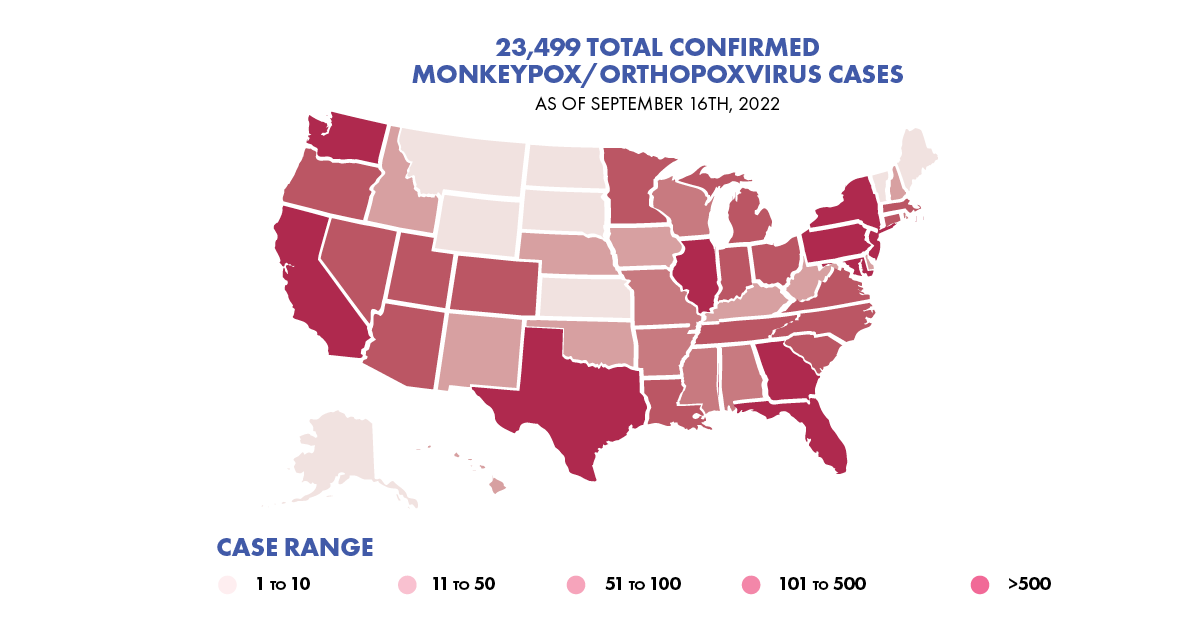This report was conceptualized and developed prior to the onset of the recent monkeypox (MPX) outbreak in the U.S. Currently, an overwhelming majority of MPX cases in the U.S. is among Black and Latino sexual minority men[1], mirroring the HIV epidemic. Additionally, preliminary data suggests that MPX disproportionately affects people living with HIV [2]. While vaccinations for MPX are beginning to be rolled out nationwide, there is still a shortage of vaccines and vaccine eligibility criteria differ by state and localities. The parallels between HIV, COVID-19, and MPX in the U.S. cannot be overstated. They all disproportionately affect racial and sexual minority communities, which are groups that have been historically marginalized throughout U.S. history. While these are inherently different viruses, are transmitted differently, and have different clinical severity, they share a common thread. Social inequalities and disproportionate access to healthcare services are the major driving forces of these public health emergencies. This is especially salient in the uneven distribution of testing sites, hospitals, and availability of other healthcare mitigation services in affluent and often White communities. Additionally, stigma has presented itself an insurmountable barrier to adequately address these health issues. Specifically, the generally held but less spoken belief that people who become infected with any of these viruses were acting irresponsibly and are therefore personally responsible for any health consequences might dissuade testing and disclosure of infection. Additionally, it is also important to name the inherent homophobia that precipitated the naming of HIV as a “gay disease” in the early days of the epidemic, which has also been repeated during this recent MPX outbreak due to most cases being among sexual minority men. The convergence of the COVID-19 pandemic, HIV epidemic, and MPX outbreak marks a critical period for the public health infrastructure in the U.S.. To achieve any tangible progress in curbing these pressing health issues, we must adequately address the root causes which are rooted in the unequal distribution and prioritization of the resources to design and implementing long-lasting and sustainable solutions. Without this, we are merely spinning our wheels as the next global health crisis looms.
https://www.cdc.gov/poxvirus/monkeypox/clinicians/technical-report.html#summary
https://www.nejm.org/doi/full/10.1056/NEJMoa2207323













